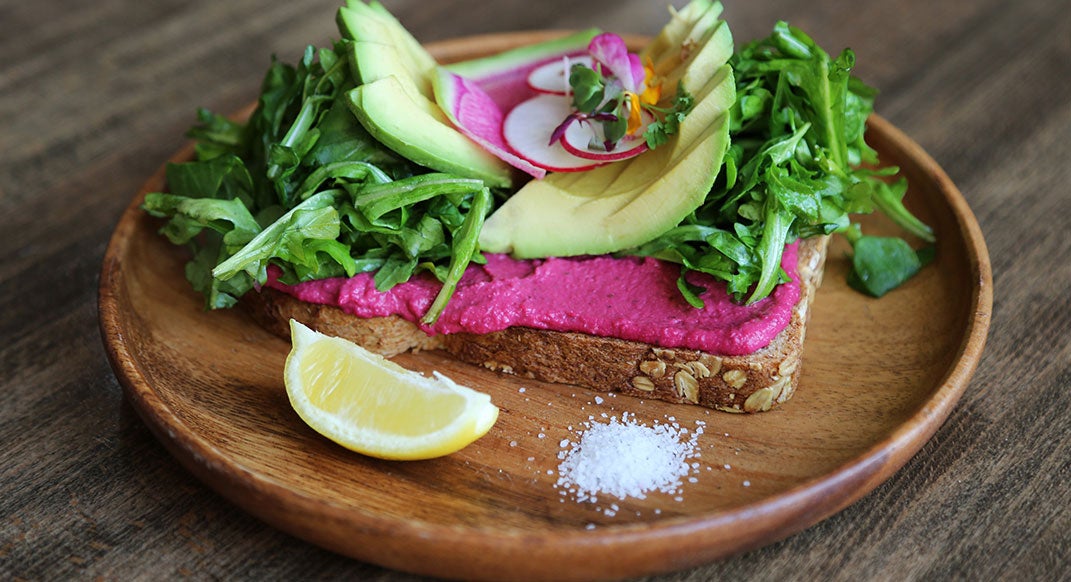6 Nutrition Tips for Trail-Running Teens

Photo by Lacey Williams
I have a teenager who loves to run. He is starting to train and race competitively. I am worried that he is not drinking enough water or eating enough protein because he has some picky eating habits. Do you have any advice on how to make sure he is meeting all of his nutritional needs for running?
-Anonymous Reader, Lagrangeville, NY
Feeding a growing teenager is no easy task for a parent. They have an increased demand for energy and nutrients in order to mature into healthy adults. Throw into the mix weekly mileage and a selective palate and you have a greater challenge to meet his or her nutritional needs. Follow these tips to keep your teen full, focused and ready to run:
1. Let her be a part of the process. Go grocery shopping together and pick out ingredients for dinner. By working with her and not against her, she is more likely to try new foods that will add variety to her diet. Keep introducing new and old foods. Our taste buds change as we age, so a food that she used to dislike may now taste pretty good.
2. Get him in the habit of drinking more water every day by having him carry a water bottle around. Use a bottle with measurements on the side so he can see his progress.
3. Serve a combination of fat, protein and carbohydrates at every meal and snack to keep his blood sugar steady. Avoid crashes in energy by combining two or three food groups, like peanut butter on wheat bread with an orange or cheese and crackers with grapes.
4. Keep a well-stocked pantry, backpack and car. Apples, bananas, oranges, nuts, granola bars, single servings of cheese, hummus, nut butters, dry cereal, crackers and pretzels are all foods that travel easily and need limited refrigeration. If your teen has access to healthy foods she is less likely to make a trip to the vending machine.
5. Make sure he has adequate fiber in his diet to help him stay full. At least half of his grain intake should be whole grains. Mix white pasta with whole wheat pasta and brown rice with white rice, and use whole wheat buns instead of white for hot dogs and burgers.
6. Be a role model for your child. Practice healthy eating habits and eat dinner together. Numerous research studies indicate that children of families who eat together maintain a healthy weight, make healthier food choices, have improved psychological well-being and show greater academic achievement.
If your teen is experiencing symptoms of nutritional inadequacy like fatigue, difficulty concentrating, weight loss and/or chronic headaches, see your primary-care physician and work with a registered dietitian who can help create a balanced diet that will meet his or her increased energy and nutrient demands.
—This article originally appeared as part of our Ask The Dietician department in 2015.
Related: 7 tips for inviting your kid to be your new running buddy